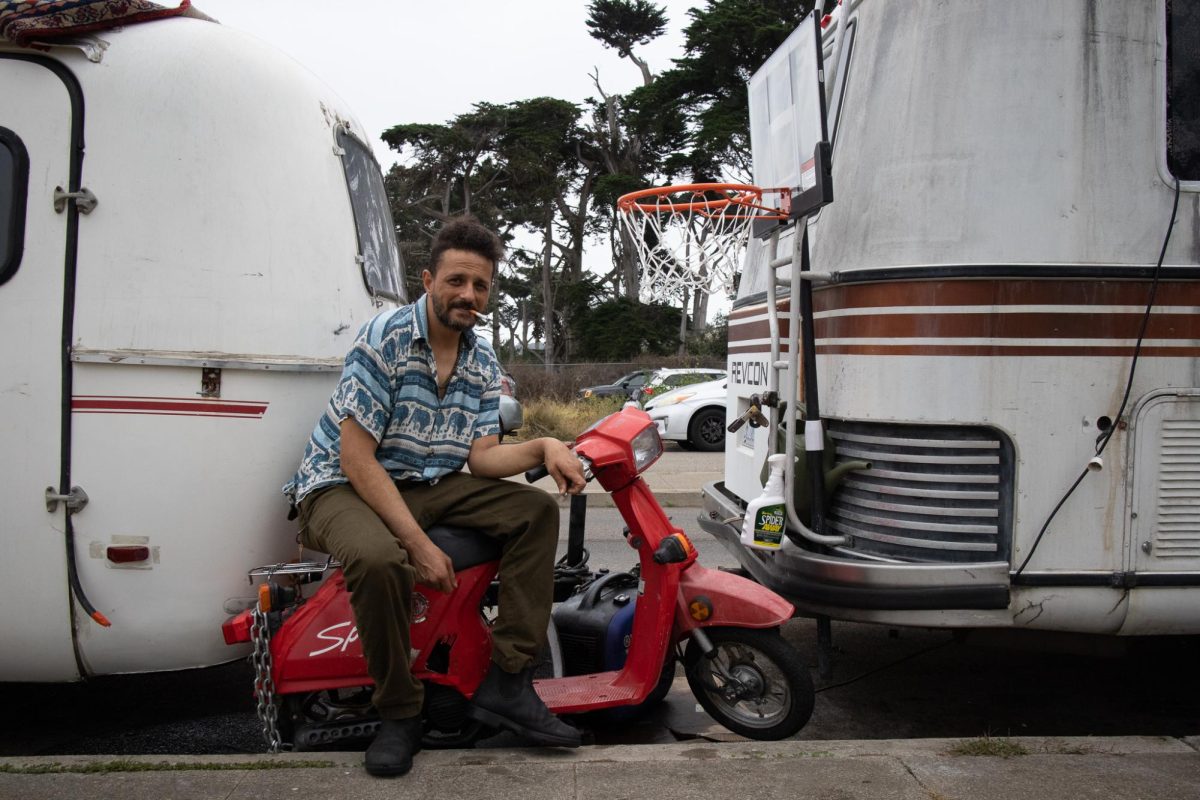
This midterm election asked voters to further define where the nanny state ends and the freedom to be reckless begins. What Americans can and cannot do often hangs in the balance between personal freedom and public safety, with arguments spanning every arena from gun ownership to mandatory health care.
The big threat to the California’s safety this November was soda, and voters on both sides of the Bay had to decide whether to raise taxes on sugary beverages through local propositions. While Berkeley passed Proposition D with an overwhelming 77 percent of the vote, a similar measure failed in San Francisco.
Supporters in both cities said the health risks, such as diabetes and obesity, that are linked to soda are undeniable. Opponents claimed increased taxes would create a black market along with other consequences that lawmakers did not consider.
At the heart of this issue is soda’s high demand in a society that constantly craves sugar. Supervisor Scott Wiener, the main source of support for the tax in San Francisco City Hall, says this measure would have targeted only the most harmful of sweet drinks.
“The measure would have applied to non-alcoholic beverages with added sugar where the beverage has at least twenty-five calories per twelve ounces,” Wiener says. “The tax did not apply to diet soda, natural juices, milk, infant formula, or medical drinks.”
San Francisco’s tax, known as Proposition E, received a simple majority of support at the polls – 56 percent of the vote. Lawmakers agreed, however, that using a ballot measure to influence a citywide diet would require at least a two-thirds majority, and for a good reason.
The appeal of soda goes deeper than one’s sweet tooth. For many, the low price of sugary drinks makes them an economical treat for the dining table.
These measures were more of a sharp nudge rather than a gentle push toward healthier habits. The argument that low-income residents have other options for beverages incorrectly suggests that these drinks will still remain optional and not become a financial imperative.
This tax sent a clear message to low-income families who buy cheap and sweet carbonated beverages to for every meal: Change your diets or the state of California will change them for you.
San Francisco offers numerous opportunities to its poorest citizens — through housing initiatives, subsidized healthcare, and even a program that pays the homeless to take care of dogs. For the poorer residents who value these freedoms, Proposition E’s financial burden would have effectively limited their options at the grocery store.
The two cent tax per ounce of soda would have resulted in a twenty-four cent increase on every can sold in the city. For a large portion of San Francisco, this extra money is already being spent on higher Muni fares, which increased by twenty-five cents this September.
“[The tax] won’t make people any healthier, but it does have an impact on businesses and consumers who are already struggling to make ends meet,” says Roger Salazar, spokesman for the organization Californians for Food and Beverage Choice.
While Proposition E may have failed in San Francisco because of its low-income opponents, this argument fizzles in the wake of Proposition D’s success in Berkeley. According to 2012 data from the U.S. Census, the percentage of those living in poverty in Berkeley is higher than in San Francisco. So was income really a factor here?
The answer is still yes. The tax in Berkeley was only half of the one proposed in San Francisco. And if the explanation is still not found in the lack of income among certain voters, then it can be found in the massive incomes of corporations such as Coca-Cola and Pepsi. A $7.7 million corporate effort to defeat Proposition E was successful in San Francisco, whereas smaller efforts in Berkeley did not receive the same infusion of cash.






